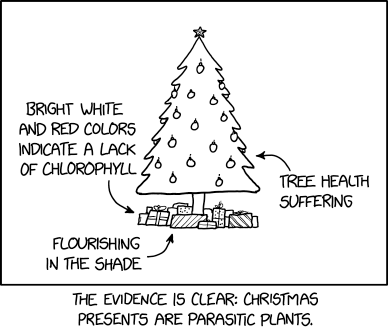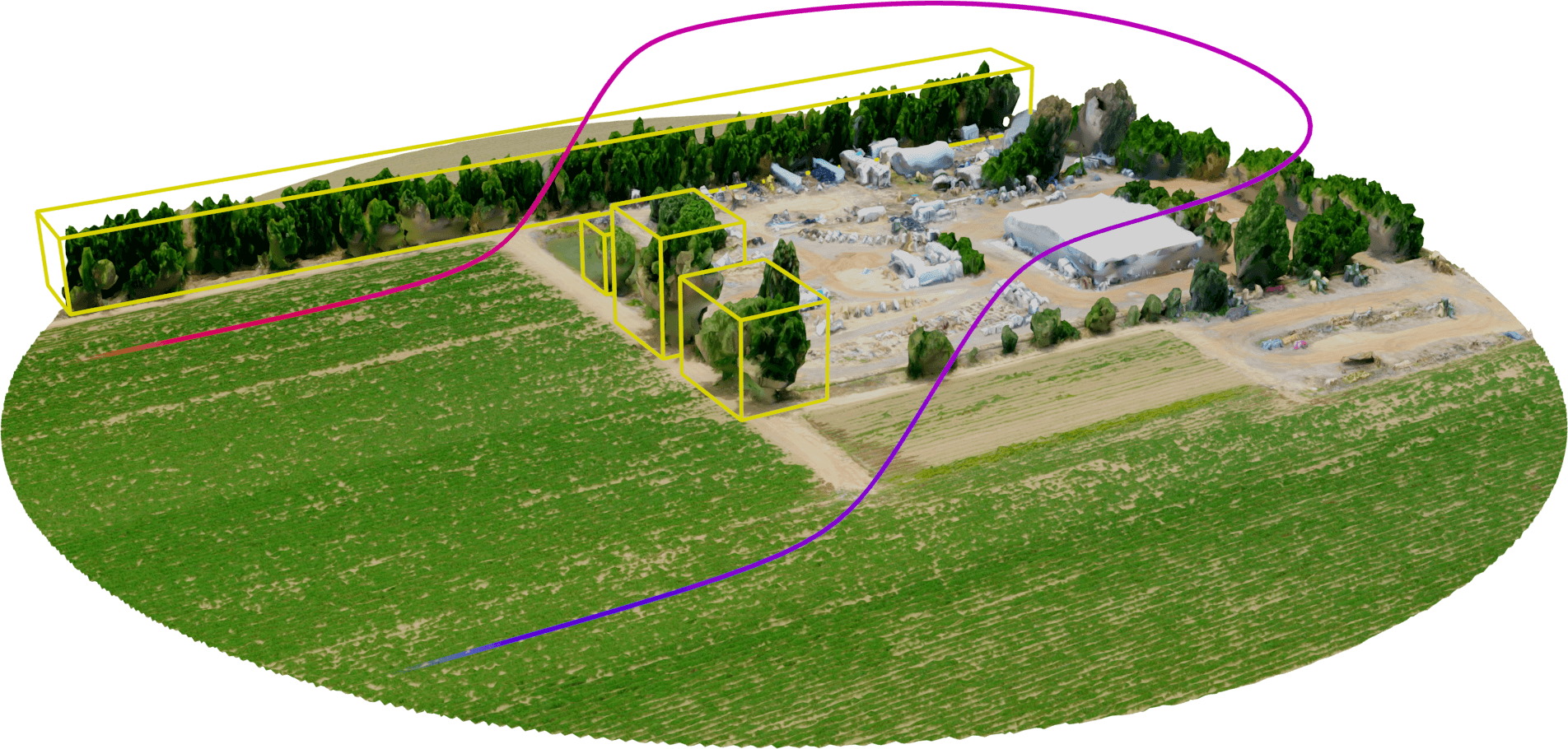
A blog about how-to, internet, social-networks, windows, linux, blogging, tips and tricks.
25 December 2019
Daily Crunch: Travis Kalanick is leaving Uber’s board
The Daily Crunch is TechCrunch’s roundup of our biggest and most important stories. If you’d like to get this delivered to your inbox every day at around 9am Pacific, you can subscribe here.
1. Uber founder Travis Kalanick is leaving the company’s board of directors
Uber founder and former CEO Travis Kalanick will officially resign from the board as of December 31, to “focus on his new business and philanthropic endeavors,” according to a company press release.
Kalanick, who was forced out as Uber CEO and eventually replaced by Dara Khosrowshahi, has been in the process of selling off his considerable ownership stake in the company. In fact, it looks like Kalanick has now sold all his remaining stock.
2. Plenty of Fish app was leaking users’ hidden names and postal codes
Dating app Plenty of Fish has pushed out a fix for its app after a security researcher found it was leaking information that users had set to “private” on their profiles. Before the fix, the app was silently returning users’ first names and postal ZIP codes, according to The App Analyst.
3. As DraftKings finds an exit, a reminder of what could have been
DraftKings, a betting service focused on fantasy sports, will go public via a reverse merger. Not too long ago DraftKings and its erstwhile rival FanDuel were ubiquitous on television; now the two companies are fractions of what they once were. (Extra Crunch membership required.)
4. Gift Guide: 13 last-minute subscription gifts for the people you totally didn’t forget
It’s too late to order things online, and brick-and-mortar stores are either closed for the week or absolutely slammed. So what can you do? Subscriptions!
5. Fyre Festival meets Mr. Bone Saw
Connie Loizos looks at the controversy around the three-day-long MDL Beast Festival in Riyadh, Saudi Arabia. The event, promoted by a number of celebrities and social media influencers, aimed to promote the efforts of its de facto ruler, Crown Prince Mohammed bin Salman (known as MBS).
6. A false start for foldables in 2019
A year from now, the Samsung Galaxy Fold’s turbulent takeoff may well be a footnote in the largest story of foldables. For now, however, it’s an important caveat that will come up in every conversation about the nascent product category. (Extra Crunch membership required.)
7. Micro-angelo? This 3D-printed ‘David’ is just one millimeter tall
3D printing has proven itself useful in so many industries that it’s no longer necessary to show off, but some people just can’t help themselves. Case in point: this millimeter-tall rendition of Michelangelo’s famous “David” printed with copper using a newly developed technique.
Read Full Article
Pyka and its autonomous, electric crop-spraying drone land $11M seed round
Modern agriculture involves fields of mind-boggling size, and spraying them efficiently is a serious operational challenge. Pyka is taking on the largely human-powered spray business with an autonomous winged craft and, crucially, regulatory approval.
Just as we’ve seen with DroneSeed, this type of flying is risky for pilots, who must fly very close to the ground and other obstacles, yet also highly susceptible to automation; That’s because it involves lots of repetitive flight patterns that must be executed perfectly, over and over.
Pyka’s approach is unlike that of many in the drone industry, which has tended to use multirotor craft for their maneuverability and easy take-off and landing. But those drones can’t carry the weight and volume of pesticides and other chemicals that (unfortunately) need to be deployed at large scales.

The craft Pyka has built is more traditional, resembling a traditional one-seater crop dusting plane but lacking the cockpit. It’s driven by a trio of propellers, and most of the interior is given over to payload (it can carry about 450 pounds) and batteries. Of course there is also a sensing suite and onboard computer to handle the immediate demands of automated flight.
Pyka can take off or land on a 150-foot stretch of flat land, so you don’t have to worry about setting up a runway and wasting energy getting to the target area. Of course, it’ll eventually need to swap out batteries, which is part of the ground crew’s responsibilities. They’ll also be designing the overall course for the craft, though the actual flight path and moment-to-moment decisions are handled by the flight computer.

Example of a flight path accounting for obstacles without human input.
All this means the plane, apparently called the Egret, can spray about a hundred acres per hour, about the same as a helicopter. But the autonomous craft provides improved precision (it flies lower) and safety (no human pulling difficult maneuvers every minute or two).
Perhaps more importantly, the feds don’t mind it. Pyka claims to be the only company in the world with a commercially approved large autonomous electric aircraft. Small ones like drones have been approved left and right, but the Egret is approaching the size of a traditional “small aircraft” like a Piper Cub.
Of course, that’s just the craft — other regulatory hurdles hinder wide deployment, like communicating with air traffic management and other craft; certification of the craft in other ways; a more robust long-range sense and avoid system, and so on. But Pyka’s Egret has already flown thousands of miles at test farms that paying for the privilege. (Pyka declined to comment on its business model, customers, or revenues.)
The company’s founding team — Michael Norcia, Chuma Ogunwole, Kyle Moore, and Nathan White — comes from a variety of well-known companies working in adjacent spaces: Cora, Kittyhawk, Joby Aviation, Google X, Waymo, and Morgan Stanley (that’s the COO).
The $11M seed round was led by Prime Movers Lab, with participation from Y Combinator, Greycroft, Data Collective, and Bold Capital Partners.
Read Full Article
